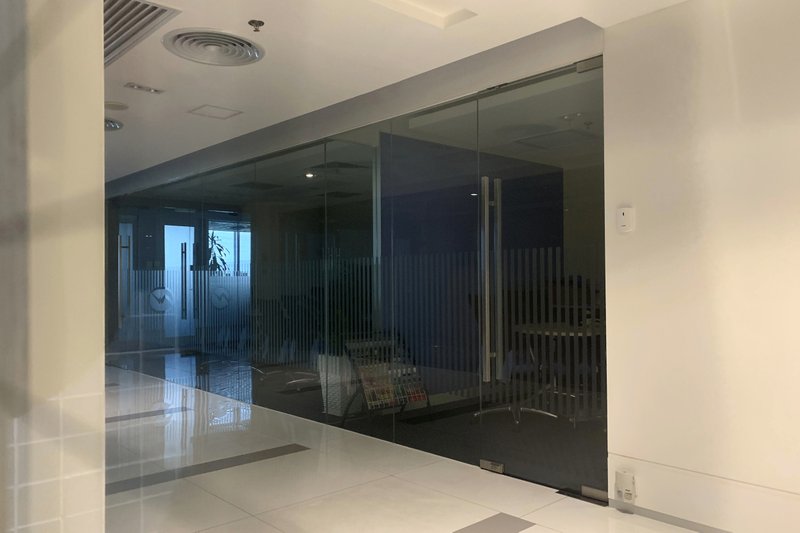PERTH, Australia -- A self-confessed Chinese spy has given Australia's counterespionage agency inside intelligence on how Beijing conducts its interference operations abroad and revealed the identities of China's senior military intelligence officers in Hong Kong, media reported.
Australian Treasurer Josh Frydenberg told reporters Saturday that the detailed accusations of China infiltrating and disrupting democratic systems in Australia, Hong Kong and Taiwan are "very disturbing."
The Nine media network newspapers reported that Chinese defector Wang "William" Liqiang told the Australian Security Intelligence Organization that he was involved in the kidnapping in 2015 of one of five Hong Kong booksellers suspected of selling dissident materials. The incident has been a reference point for protesters during the ongoing unrest in Hong Kong.
"I have personally been involved and participated in a series of espionage activities," Wang reportedly said in a sworn statement to the intelligence agency in October.
He revealed that he was part of a Hong Kong-based investment firm that was a front for the Chinese government to conduct political and economic espionage in Hong Kong, including infiltrating universities and directing harassment and cyberattacks against dissidents.
Using a South Korean passport, Wang said he interfered in Taiwan's 2018 municipal elections and claimed there were plans to disrupt the democratic self-ruled island's presidential election in January.
He said he helped funnel around $2.8 million of campaign donations to Han Kuo-yu, mayor of the Taiwanese port city of Kaohsiung and a presidential candidate who has vowed to make peace with China.
Han denied the allegations in a statement released by his campaign.
"Forget about 20 million yuan," Han said. "I would resign as Kaohsiung mayor if I had taken even 1 yuan from the Communist Party."
Communist Party-ruled China claims Taiwan as its territory to be reunited by force if necessary.
Wang said he faced detention and possible execution if he returned to China.
He said he currently was living in Sydney with his wife and infant son on a tourist visa and had requested political asylum.
Australia's Home Affairs Department told The Associated Press that it does not comment on individual cases.
"The purpose of protection visas is to safeguard people who cannot return to their home country due to a well-founded fear of persecution or risk of harm," a spokesperson said. "Each case is assessed on its merits."
In Beijing, China's Foreign Ministry did not respond Saturday to a faxed request for comment on Wang.
In Hong Kong, calls to the China Innovation Investment Limited office went unanswered Saturday. The company was identified by Wang as a front for Chinese intelligence operations in the city.
Resource-rich Australia relies on China for one-third of its export earnings, but relations have been frosty for some time.
The Australian government has been trying to neutralize China's influence by banning foreign political donations and all covert foreign interference in domestic politics.
"These are very disturbing reports," Frydenberg said. "The matter is now in the hands of the appropriate law enforcement agencies."
Prime Minister Scott Morrison dismissed such concerns, saying that national intelligence agencies were on top of any threats.
Information for this article was contributed by Eileen Ng and Yanan Wang of The Associated Press.
A Section on 11/24/2019
